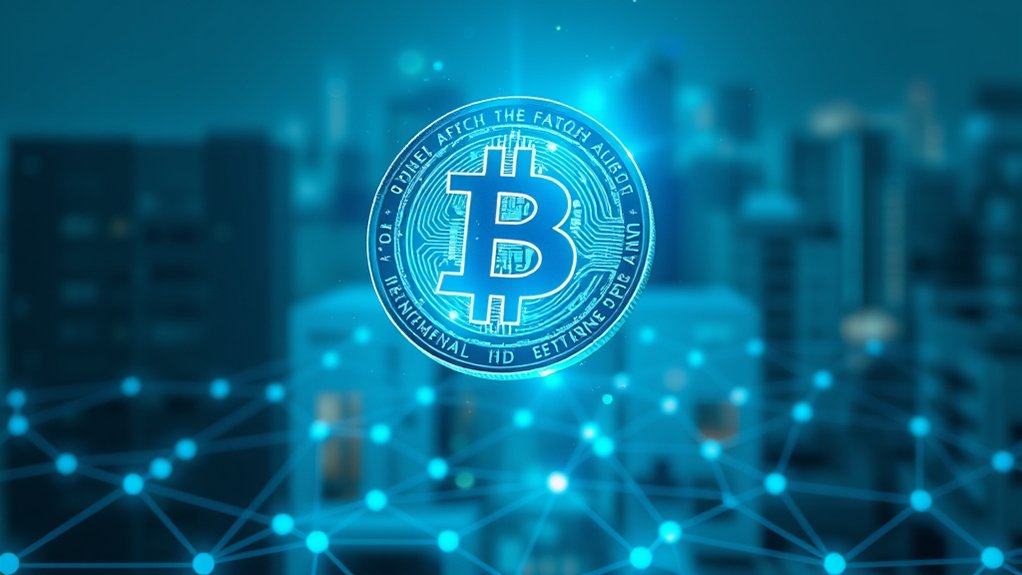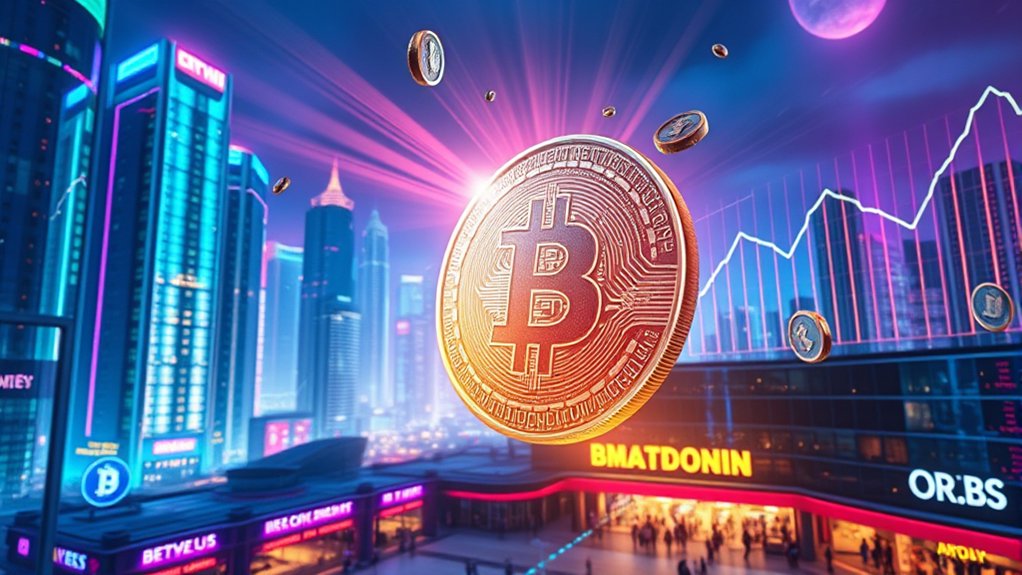Security tokens are basically digital ownership certificates, but way cooler. They’re designed for things like stocks, bonds, and real estate, all thanks to blockchain technology. Forget about those old-fashioned paper certificates; these tokens are efficient and accessible to anyone with an internet connection. Plus, they come with a safety net of SEC approval. It’s a whole new world of investment, and trust me, you don’t want to miss out on how this could change the game.

In a world where everything seems to be going digital, security tokens are strutting onto the scene like they own the place. They’re the new kids on the block, and guess what? They’re not just for show. These digital or physical tokens are here to represent ownership of real assets, like stocks and bonds. Yes, that’s right. They’ve taken the age-old concept of ownership and slapped it onto the blockchain, making everything transparent and immutable. Bye-bye, paper certificates!
Let’s talk about the tokenization process. It’s like magic—assets get transformed into digital tokens that live on the blockchain. This means fractional ownership isn’t just a dream anymore. Investors can dip their toes into assets they once thought were out of reach. Want a piece of that shiny real estate? Now you can. Tokenization enhances liquidity and accessibility, making it easier for a broader range of investors to participate.
Tokenization is like magic—turning assets into digital tokens, making fractional ownership a reality for everyone!
With security tokens, the advantages are glaring. They allow for direct trading without pesky intermediaries, which means no more waiting for a broker’s approval. Efficiency? Check. And did someone say global market access? Absolutely! Investors can now operate from anywhere, as long as they have an internet connection. Additionally, these tokens are integral to multi-factor authentication processes, ensuring secure access to digital assets. Moreover, security tokens must be approved by the Securities and Exchange Commission (SEC), ensuring a layer of regulatory oversight.
Then there’s the delightful world of compliance. Smart contracts step in to guarantee everything’s above board. They’re like watchdogs for the legal stuff, keeping things tidy and regulated in this wild west of digital finance.
But what kinds of tokens are we talking about? Equity tokens, asset-backed tokens, and tokenized securities, oh my! Each serves a purpose, and trust me, they’re not just a bunch of tech jargon.
Market growth predictions are through the roof, with estimates hitting $3 billion by 2025. So, while traditional tokens are gathering dust in the corner, blockchain security tokens are primed for a revolution. Welcome to the future, folks. It’s going to be a wild ride.
Frequently Asked Questions
How Do Security Tokens Differ From Utility Tokens?
Security tokens and utility tokens? Totally different beasts.
Security tokens are like ownership tickets—think stocks or real estate. They promise dividends and rights.
On the flip side, utility tokens are your access passes to digital playgrounds. No ownership here, just a ticket to ride the blockchain wave. They thrive on hype and function, but good luck getting rich off them.
What Regulations Govern the Issuance of Security Tokens?
Regulations for issuing these tokens? Oh, it’s a real maze.
First, companies need to play nice with the rules in every country they’re targeting. Think KYC and AML checks to keep things legit.
In the U.S., the SEC is the big boss—register or find an exemption. Then there’s the whole prospectus thing.
And don’t forget state blue sky laws. It’s a lot. Good luck maneuvering that legal jungle!
Can Security Tokens Be Traded on Any Exchange?
No, security tokens can’t just be traded anywhere. They need to hang out in special security token exchanges, like Securitize or tZERO.
Why? Because they must play by strict rules set by regulators. Not for your average Joe either; these tokens are mostly for institutional investors.
What Is the Role of Blockchain in Security Tokens?
Blockchain plays an essential role in security tokens.
It’s like the backbone, ensuring everything runs smoothly. Think of it as a digital ledger that’s impossible to tamper with. It makes transactions faster, cheaper, and way more efficient.
Plus, smart contracts? They handle all the boring compliance stuff automatically. So, investors can focus on what really matters—buying and selling.
In short, blockchain makes the whole process transparent and secure, without all the usual hassle.
How Are Security Tokens Stored and Managed?
Security tokens? They need a safe place to chill. People store them using fancy encryption—think AES-256, because why not?
Browser memory? Not a bad spot. Web Workers? They’re like security guards for token storage.
And let’s not forget about compliance. Yeah, that’s important too. Access control is non-negotiable.
It’s a digital jungle out there, so strong encryption and multi-factor authentication are basically life jackets. Just keep those tokens safe from the sharks.





